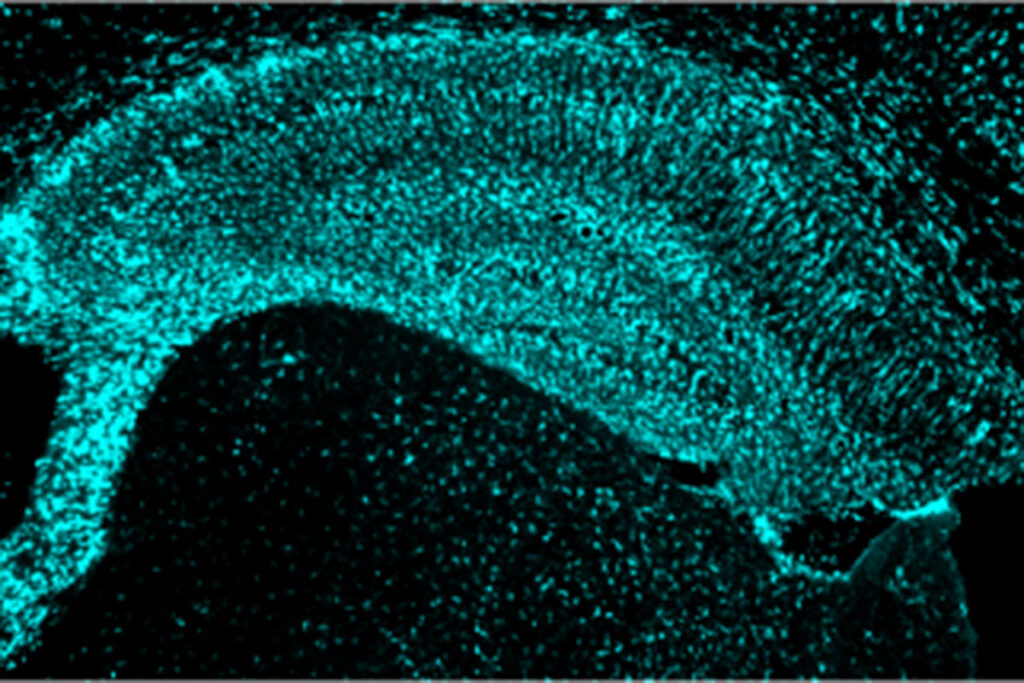By the time people with Alzheimer’s disease start exhibiting difficulty remembering and thinking, the disease has been developing in their brains for two decades or more, and their brain tissue already has sustained damage. As the disease progresses, the damage accumulates, and their symptoms worsen.
Protein linked to heart health, disease a potential therapeutic target for dementia

View Content